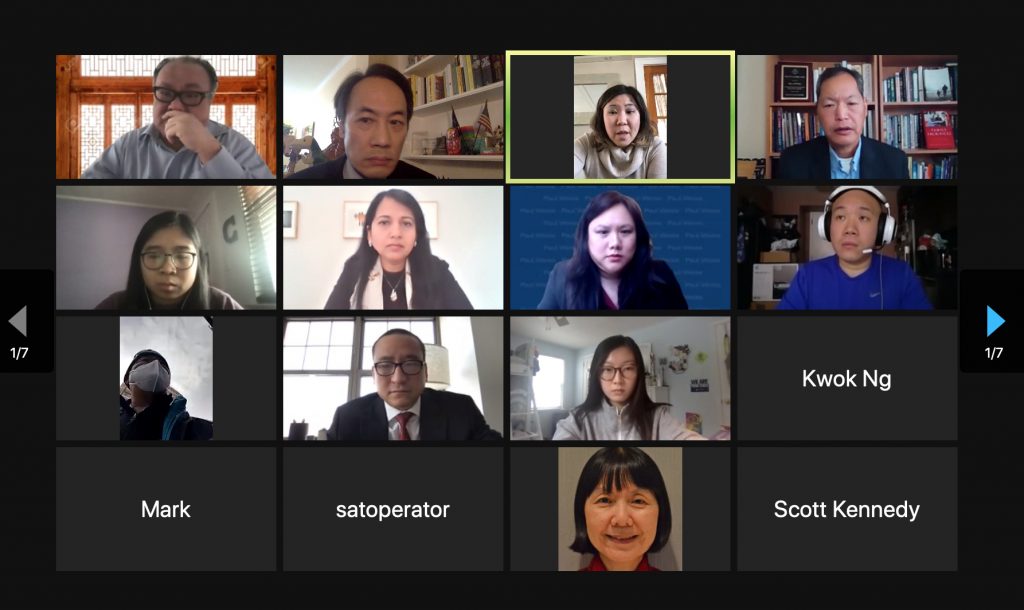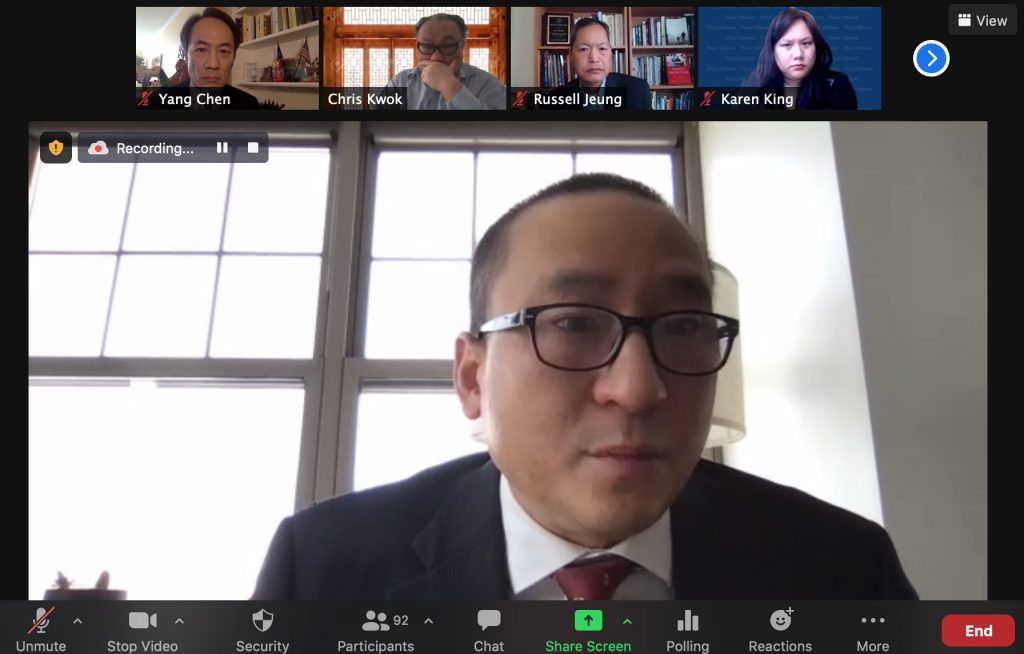
The Asian American Bar Association of the Greater Bay Area (AABA Bay Area), the Asian Pacific American Bar Association of Silicon Valley (APABA Silicon Valley), the Asian American Prosecutors Association (AAPA), the California Asian Pacific American Bar Association (Cal-APABA), the Filipino Bar Association of Northern California (FBANC), the Korean American Bar Association of Northern California (KABANC), the National Asian Pacific American Bar Association (NAPABA), and the Vietnamese American Bar Association of Northern California (VABANC) stand united to grieve the victims and support the families and communities devastated by another tragic act of mass violence visited upon the AAPI community—this time in Half Moon Bay. While law enforcement continues its investigation and details continue to emerge, we understand that the victims were all farmworkers of Asian and Hispanic origin, and our thoughts remain with the families of those lost and recovering.
“As we mourned and stood together with our sister Asian Pacific American bar organizations in southern California in the wake of their loss over the Lunar New Year, we are shocked and saddened by how suddenly mass violence has now struck our community here in the Bay Area,” said Lin Y. Chan, President of AABA Bay Area. “We must stand up and support the victims, their families, and our communities at this time of sorrow.”
“APABA Silicon Valley extends its heartfelt condolences to the families of the victims. We share in the sorrow felt by the AAPI and Latino migrant farmworkers who live and work here and who we are proud to call our friends and neighbors,” said Thomas Mathew, President of APABA Silicon Valley. “These tragedies demonstrate that our own AAPI communities continue to have urgent unmet needs, including for mental health resources, which we must embrace and encourage, not stigmatize.”
“The Asian American Prosecutors Association joins our fellow Bay Area AAPI bar associations bound in grief for the victims of this senseless criminal act,” said Annie Saadi, President of AAPA. “We must ensure that justice and support and compassion for the victims and for the communities affected go hand in hand.”
“The New Year is a time to hope and dream. Instead, we mourn the loss of lives.” Asit Panwala, President of Cal-APABA, stated. “Our condolences go to the families and friends of those who were killed in this tragic incident.”
“As we come to grips with yet another horrific loss of life to violence, FBANC offers love, support, and compassion as well as whatever legal and advocacy resources we can harness to serve our beloved Bay Area community recover from this appalling tragedy,” said Raymond R. Rollan, President of FBANC.
“The Korean American Bar Association of Northern California joins in grieving for the victims of heartbreaking and shocking violence,” said Stephan Choo, President of KABANC. “We extend our condolences to the families of the victims, and offer our love, compassion and prayer for our community.”
“NAPABA is overcome with grief and sadness as yet another episode of violence has wrought suffering and heartbreak to so many in the AAPI and Hispanic communities in California,” said Sandy Leung, President of NAPABA. “We offer our deepest sympathies for the victims, and I know that our members and affiliates in the Bay Area, anguished as they are and still reeling from tragedy over the Lunar Year, stand ready to support the communities affected with care and humanity.”
“Another instance of mass violence has inflicted pain on the AAPI community in California,” said Jennifer Liem, President of VABANC, “as we process and grieve through our pain and anguish, we stand ready to assist the families and communities in any way our members can.”
Please visit the Half Moon Bay Fund, supported by a number of our partner organizations, to see how you can assist the families and communities who have lost so much in Half Moon Bay. 100% of proceeds will be donated to directly-impacted individuals.
Please visit Stop AAPI Hate’s toolkit for resources to help those affected by trauma and violence in the aftermath of this incident. Please also see their digital toolkit for organizations and advocates.
If you have any information relating to the ongoing investigation, please contact Detective Deschler with the San Mateo County Sheriff’s Office at: 1-800-547-2700
#
The National Asian Pacific American Bar Association (NAPABA), represents the interests of over 60,000 Asian Pacific American (APA) legal professionals and nearly 90 national, state, and local APA bar associations. NAPABA is a leader in addressing civil rights issues confronting APA communities. Through its national network, NAPABA provides a strong voice for increased diversity of the federal and state judiciaries, advocates for equal opportunity in the workplace, works to eliminate hate crimes and anti-immigrant sentiment, and promotes the professional development of people of all backgrounds in the legal profession.



